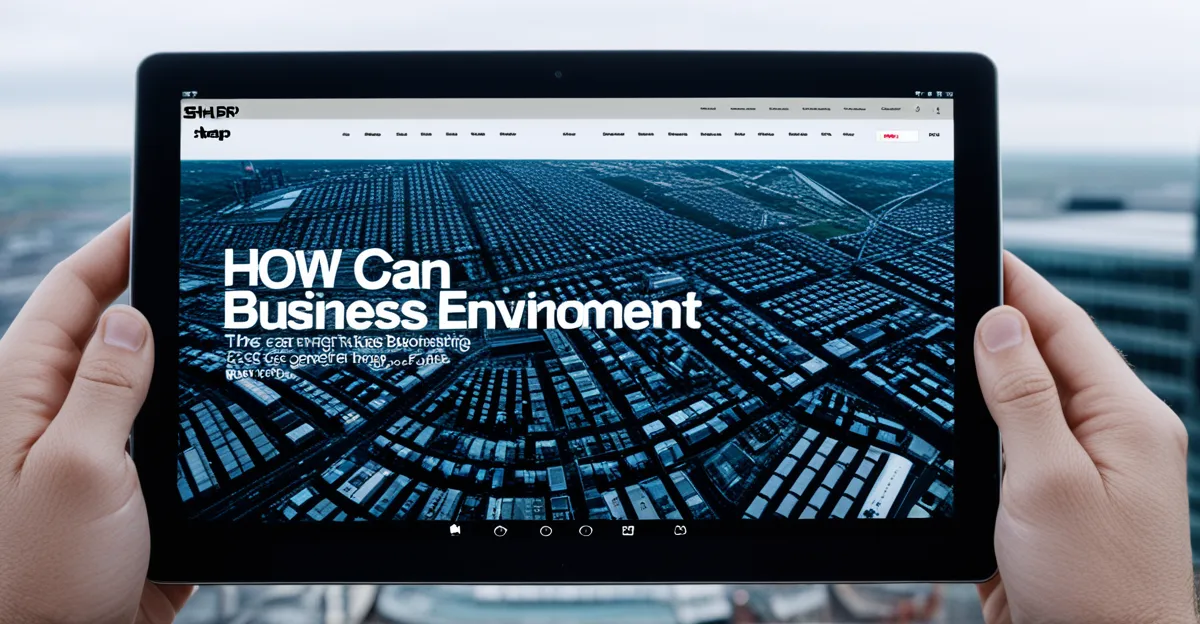Key Factors Shaping the Future of UK Business
Understanding the UK business evolution involves examining economic trends, regulatory impact, and societal change. The economic outlook is increasingly influenced by technological advances, which open new business opportunities and drive productivity. Technology adoption boosts competitiveness, helping firms pivot quickly amid shifting market conditions.
Regulatory developments, especially in the post-Brexit context, require agile compliance. Businesses must navigate complex frameworks while adapting to changes in trade and workforce mobility. This regulatory impact shapes strategic planning and investment, making flexibility crucial for sustained growth.
Also to see : How Are UK Businesses Adapting to Shifts in Consumer Behavior?
Societal change also plays a pivotal role. Workforce evolution, including shifts toward flexible work and new skill demands, impacts business operations. Additionally, changing consumer expectations, valuing sustainability and digital engagement, influence product and service design. Inclusive and socially responsible practices are increasingly important in maintaining brand loyalty.
In summary, the economic trends, combined with regulatory impact and societal change, create a dynamic environment. UK businesses that monitor these key factors and proactively adapt are best positioned to thrive in a rapidly shifting landscape.
In the same genre : How Are UK Companies Addressing Workforce Diversity and Inclusion?
Emerging Industry Trends and Sector Forecasts
Understanding sector growth UK is essential as specific industries show strong promise amid evolving market demands. Technology remains a leading driver of economic progress, with innovations in AI, software development, and digital services propelling growth. Green energy is rapidly expanding as the UK prioritizes decarbonisation, creating future market opportunities in renewable infrastructure and sustainable technologies. Healthcare also stands out, driven by demographic shifts and increased investment in medical research and services.
Traditional sectors like manufacturing, retail, and logistics are undergoing significant transformation. Automation and digital tools enhance manufacturing efficiency, while retail adapts to e-commerce trends and changing consumer behavior. Logistics leverages smart supply chains to improve delivery speed and reliability. Regional disparities affect these trends; London and the Southeast often lead in technology and finance, whereas northern regions capitalize on manufacturing and renewable projects.
In summary, the sector growth UK landscape is shaped by innovation in emerging industries and reinvention of established ones. Businesses that monitor these sector-specific developments can better identify future market opportunities and position themselves advantageously.










